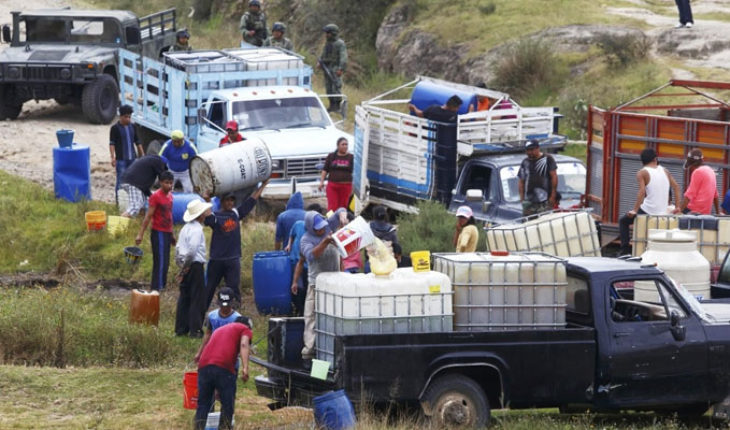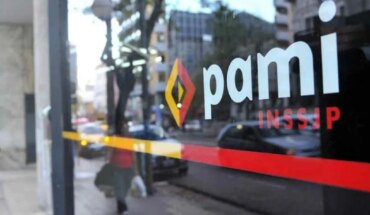Colombia.- The Colombian authorities managed to reduce fuel theft by 95% in just two years. Its strategy involved the creation of a specialized police group, the application of petrol tracking technologies and a supply chain surveillance and control system.
In 2002, Colombia was at its worst time in fuel theft. At that time, he decided to implement a new public policy that, in a short time, was very successful. The plan managed to curb the theft by 70% in 2003, and up to 95% in 2004.
“In 2002 they lost 8,000 barrels, last year they stole 14, that is, nothing. But this worked because it was a holistic plan, in coordination with the police, administrative authorities and the private sector,” says Raymundo Sánchez, an analyst at at Kearney.
Criminal groups not only stole gasoline, but also crude oil, which they refined into small clandestine plants to distill it and obtain derivatives that even served in the cocaine production process, according to local media reports.
In front of them, one of the keys was the creation of the Special Hydrocarbon Operations Group (GOESH), which pursues this crime through the monitoring of pipelines and the review of refining facilities and petrol stations. “They are just about patrolling pipelines, checking cars, gas stations and even ships to make sure that legitimate fuel is transported,” Sanchez explains.
In addition, Ecopetrol, Colombia’s national oil company, applied technology, such as the installation of fiber optics in its main pipelines, to detect leaks in its systems more quickly. He also added chemical markers to gasoline shipments, in order to trace them from the departure point to the gas stations, and thus check the information against the physical supply.
The Colombian experience can serve as a success story for the strategy that implements the administration of Andrés Manuel López Obrador. For now, however, the Mexican plan lacks a long-term vision, says AT Kearney’s specialist.
“What I don’t see in the case of Mexico is coordination. It’s not sustainable in time to have tankers guarded by the Army. This is very expensive,” Sanchez says.
The main pipelines could have fiber optics that would make leak detection more agile, and thus avoid the long closures that have occurred with the current strategy, the expert adds.
“There is another case that is very clear, which is in the Niger Delta, in Nigeria, and what they did was get the Army out. They haven’t succeeded, because that’s not enough. And that’s more like what’s happening in Mexico now,” he says.
The government has not given a date to normalize fuel supply operations, and has been adamant that it will continue to temporarily close the Pemex pipelines for repair.
translated from Spanish: Colombia managed to end fuel theft, totally different strategist than AMLO
December 24, 2019 |





